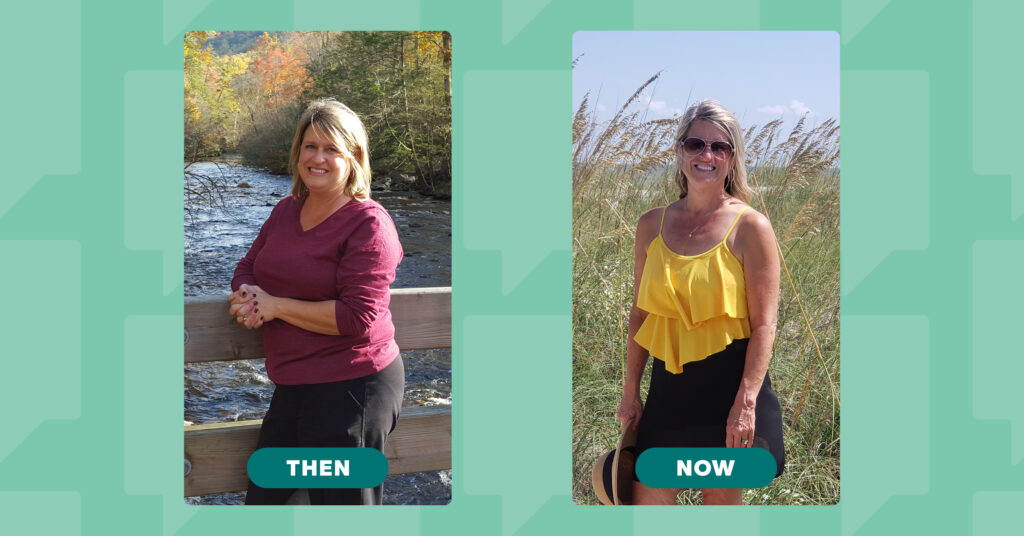In the year 1982, two future hall of fame NBA players faced off for an NCAA National Championship. The University of North Carolina Tar Heels featured a freshman named Michael Jordan. The Georgetown Hoyas featured a freshman named Patrick Ewing.
Both teams were complete powerhouses who had sailed through the tournament up to that point. They made for an all-time great basketball game, and in this game, the legend of Michael Jordan was born.
With 17 seconds to go, Jordan hit a jumper from the left wing that put the Tar Heels up for good. They won the National Championship and Jordan went on to become arguably the greatest NBA player in history.
Without that game, Michael Jordan may not be the Michael Jordan we know of today.
Without that game, we might also be robbed of one of the greatest superstitions in all of sports history.
His secret? Jordan played every single NBA game with his North Carolina practice shorts on underneath his NBA uniform. In fact, part of the reason NBA shorts were lengthened was because of Jordan and this obsession.
Is this why Jordan became one of the greatest players in NBA history? Did the shorts actually push him to that level, or was it all a placebo effect? And can we exploit this same effect for our own personal gain?
The post hoc fallacy.
There is a Latin phrase that goes, “Post hoc ergo propter hoc.” It means “After this therefore because of this.” In today’s world, where we don’t put up with long Latin phrases like that, this is known as the post hoc fallacy.
This is the connection we make when one event follows another. This line of thought is vital to our ability to think and make sense of the world. It’s the most basic form of learning, and we start experiencing it from the very beginning of our time on this Earth.
A great example is the use of buttons. Starting in our youth, we become conditioned to push a button and then expect something to happen. It could be an elevator button, button on a candy machine, or the button icon on our touch screen phones.
By the time we reach adulthood we’re professional button pushers. Even if the buttons don’t work, like over 2,500 crosswalk buttons in New York City don’t work.
(Yep, there’s a good chance that button doesn’t work. Not like that matters much in New York, though.)
We’ve seen over and over again that pushing those buttons works, so we’ll happily push them more and believe that it’s leading to an outcome. Even when it’s not. This placebo effect is the very reason why we fall victim to so many claims that turn out to be hoaxes, like diet pills that promise a new us. But it can also be something that we use to our advantage.
Just how powerful is the placebo effect?
In 2009 a group of German researchers took a group of people and told them they were going to apply an anesthetic cream. The cream was actually fake, but the subjects didn’t know that.
Then the researches applied painful heat to the arm where the fake cream had been applied. Those people who had the anesthetic cream actually reported that they didn’t feel any pain. Even when scientists looked at brain scans of the individuals, it showed that they actually behaved like they were getting relief.
That’s the power of belief.
For many of us, the placebo effect works the same way. Just think back to that night that you couldn’t sleep and you were up in bed, listlessly flipping through the channels. Remember the infomercial that came on that told you all about the diet pill you could buy for $79.99 and get the second bottle for free?
There were all kinds of people that were talking about how well it had worked, showing off how big their old pants were and how those same pants would swallow them now. So like so many others, you got the diet pill. And a few weeks later, what do you know? You’re down 5lbs and you’re feeling good about it.
But here’s the thing: was it really the diet pill that made you lose that 5lbs? Or was it that because you bought that diet pill you wanted to also start putting more care into what you were eating on a daily basis. And you know, it does make sense to try and exercise a bit more when you’re taking a diet pill, right?
See where we’re going with this? It’s a living example of what the author Nassim Taleb calls “skin in the game“.
Now, where things tend to go array with the placebo effect and something like a diet pill is that there’s no real follow up. At a certain point, the placebo effect is bound to wear off. It’s not something that will carry someone through an entire journey, but it’s definitely something that will get someone started.
Here’s the real kicker about the placebo effect: you can make the placebo effect work for you. And if you’re savvy about it, you can manipulate the placebo effect to kickstart the kind of change that leads to a whole new you. All it takes is buying in completely and then setting up a system so that you stay bought in.
Want to know the best part? Many of you reading this are already doing that.
I think of Stronger U as a place that helps you capitalize on the placebo effect. I might be a bit delusional, but I like to think that when people join Stronger U they believe that we can help them where everything else has failed before. People come to us when nothing has seemed to work, and we’ve been fortunate enough to help many of those people see results they never thought were possible.
Those results are because of the work that those people did, but they’re also the result of all of you believing that Stronger U could work.
As we all know by now, believing something might work for a little bit when you’ve got some fake cream on your arm. But for there to be the kind of extended change that’s so often required in something like a weight loss journey, that belief has to be followed up with the most important element of all: action.
That’s kind of how working through a Stronger U session goes. The motivation you feel right at the beginning is likely going to be quite a bit higher than the motivation you feel at week 4, and it’s definitely going to be higher than the motivation you probably feel at week 44.
But does that mean that at week 4 or 44 that you’re done? Absolutely not. Because Stronger U, or any system that keeps you accountable, is there to help you get past the short-term effect of the placebo effect. It keeps you in the habit of taking action and doing the things that keep you moving forward.
So how can you use the placebo effect to your advantage?
The simplest option? Go all in on whatever it is that you’re working on or want to change. Become that person that goes all in on that thing. Who cares what other people think? You don’t have time to worry about their judgments, because you’ve got a lifestyle change to worry about.
Join that gym you’ve been thinking about. Become a part of the running club you’ve been thinking about. Sign up for the next session that you know you’ve been putting off. Whatever your “thing” is, buy-in to it. Buy in all the way.
Then, once you buy in, follow it up by digging in. Remember, the most perfect plan in the world won’t do a bit of good without execution. The same goes for you and how you want to implement the placebo effect. No matter if it’s you joining a gym, getting a new session with your Coach, or something completely unrelated. The “what” isn’t important. What’s important is that you buy in all the way and then follow it up by acting like the person that’s bought all the way in. Because that’s how we change our lives.








